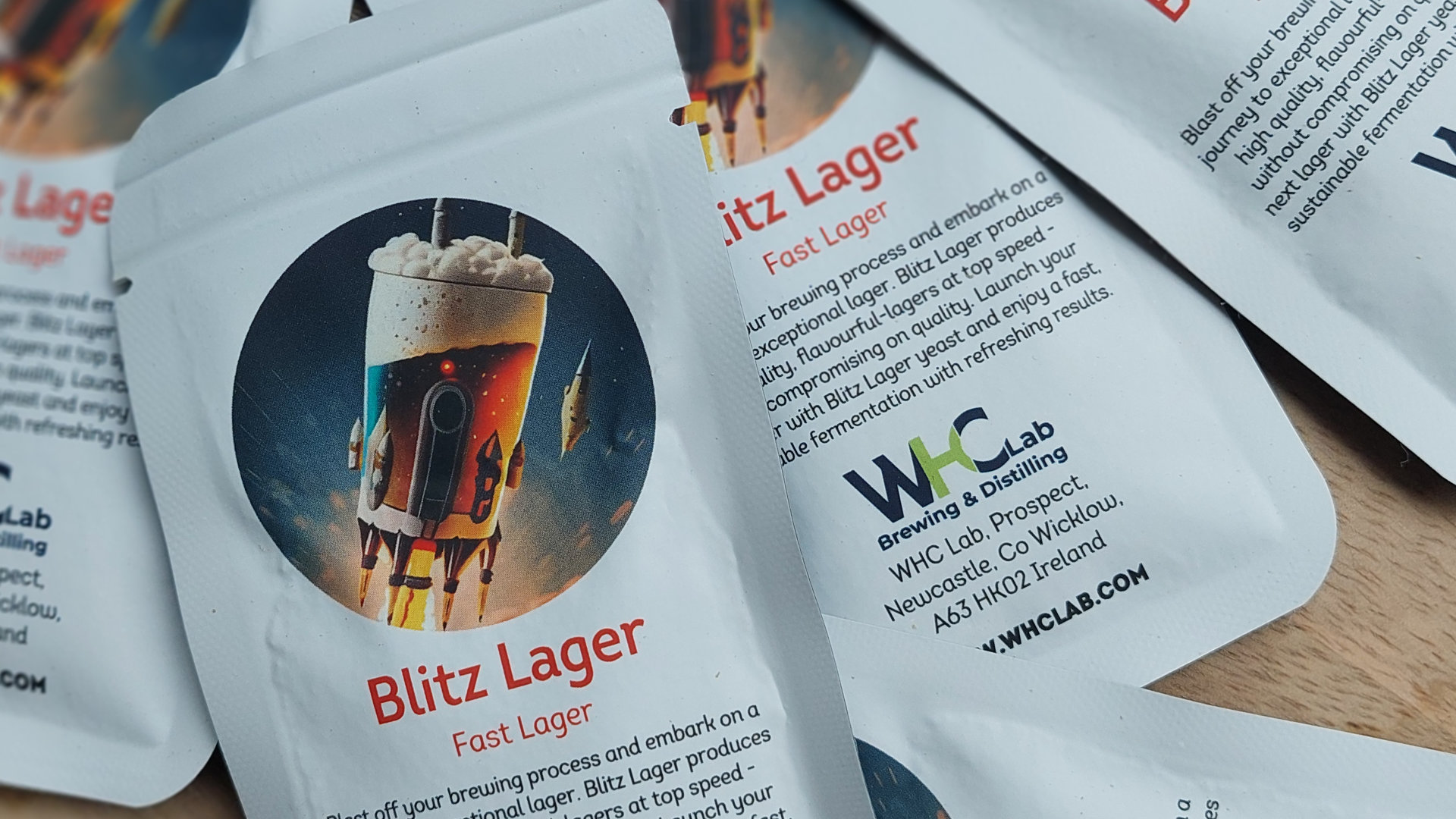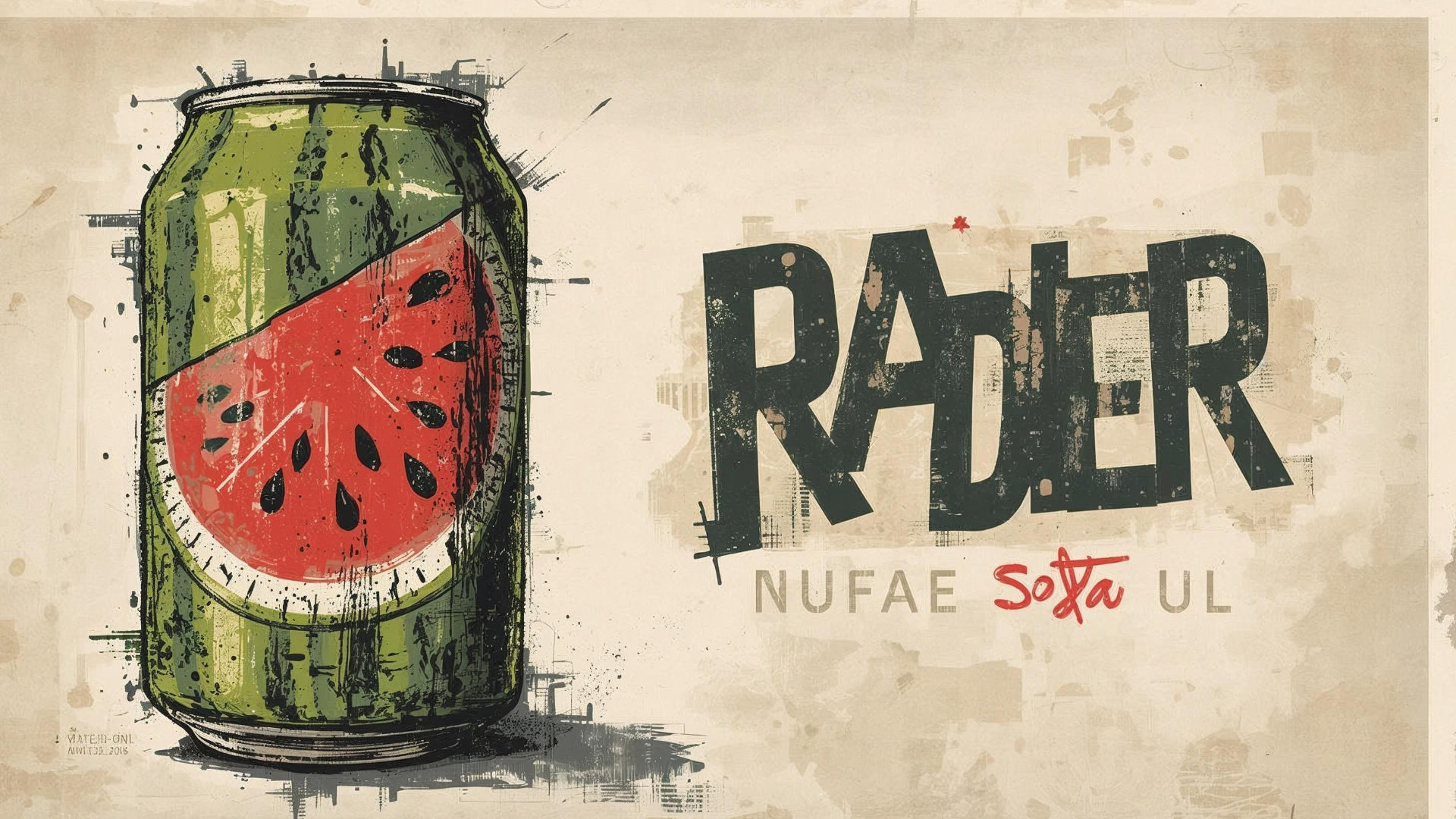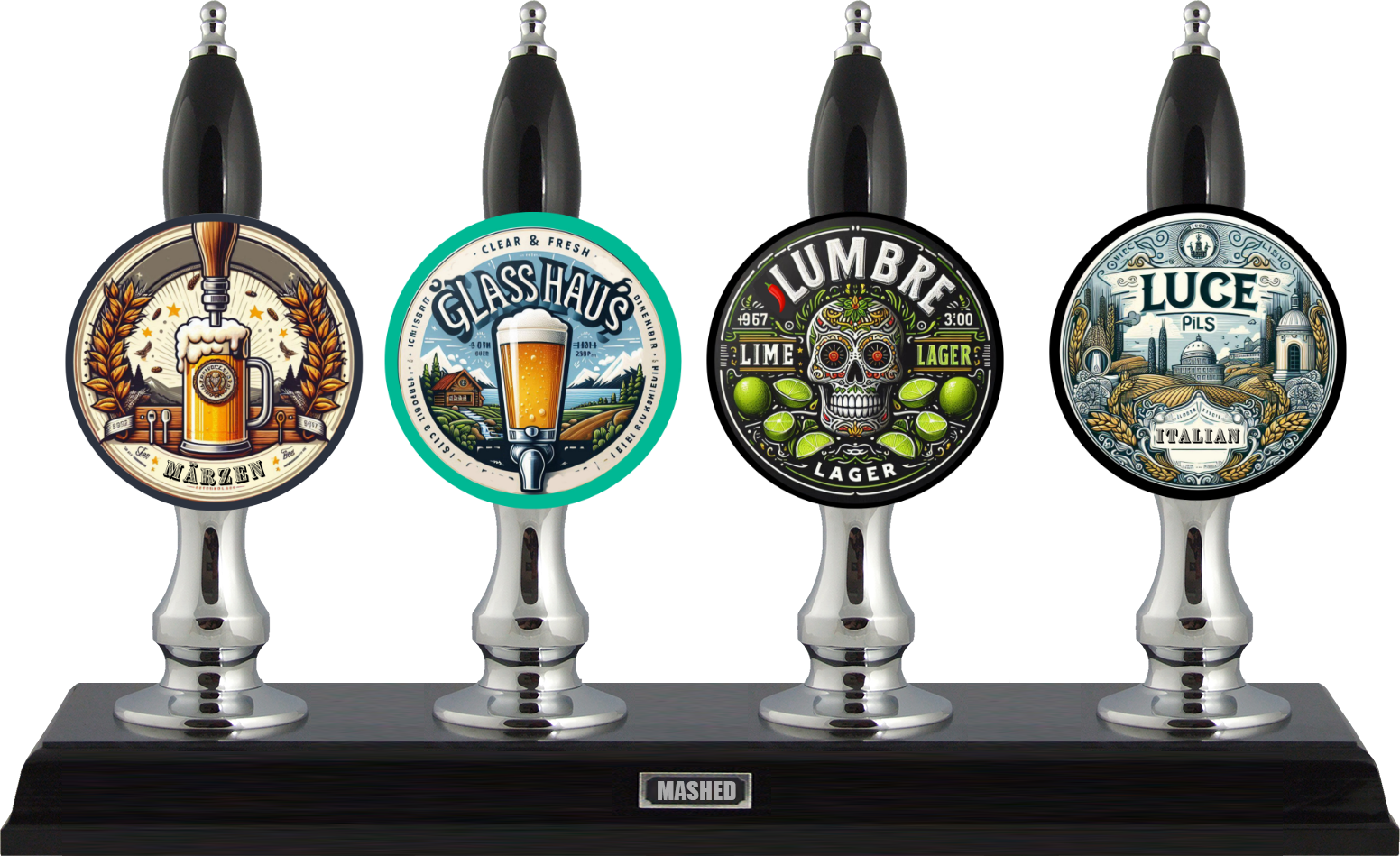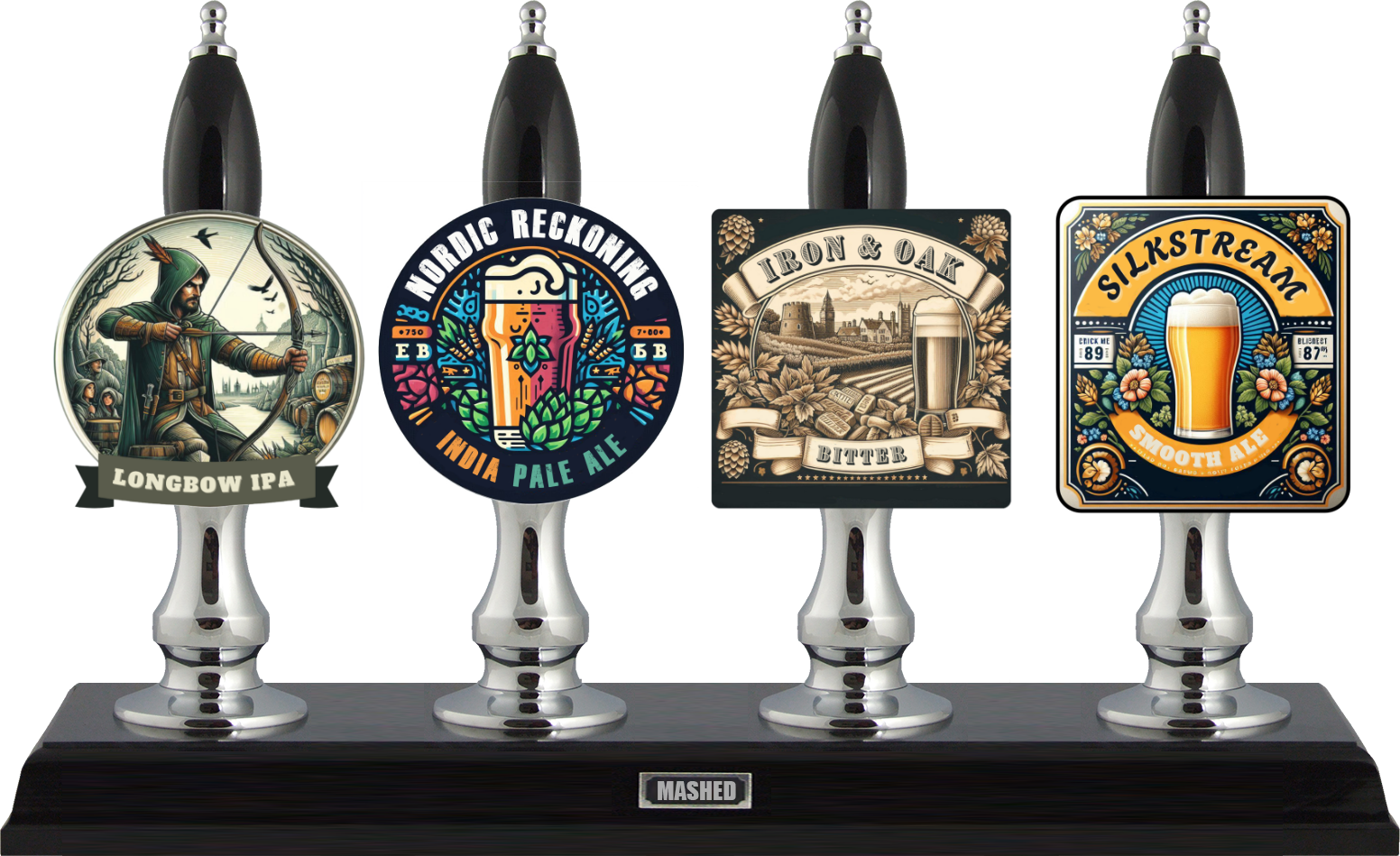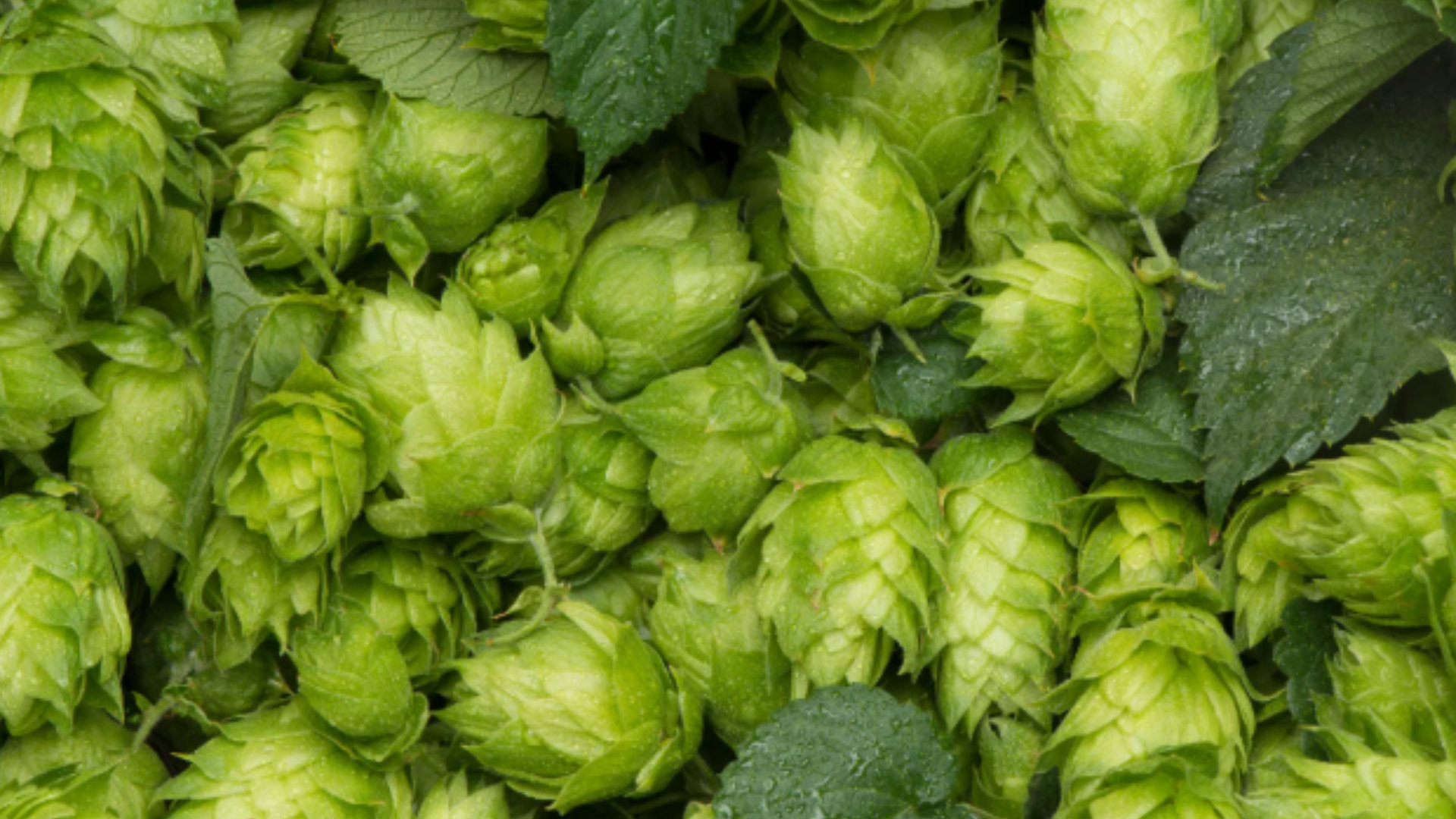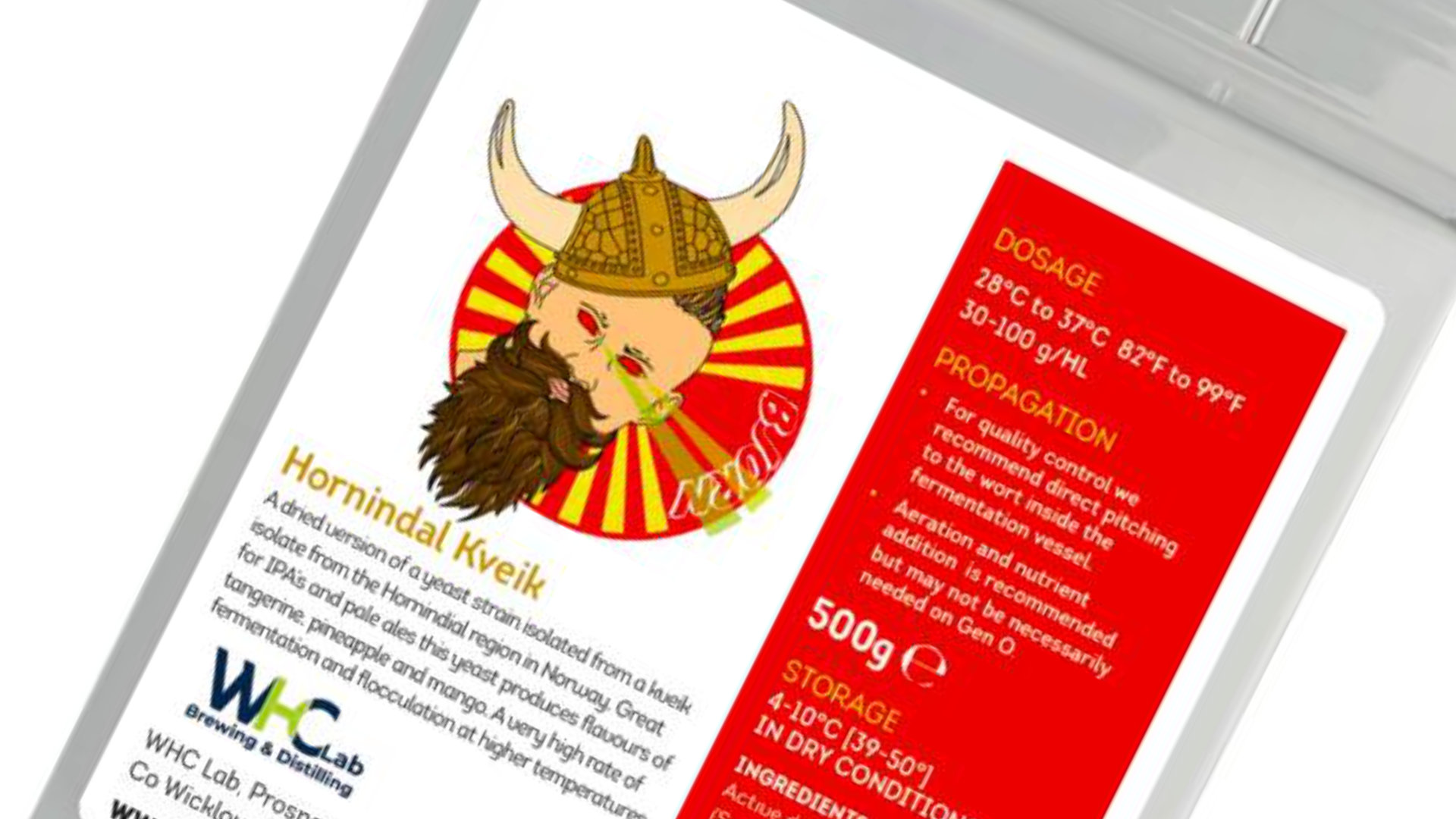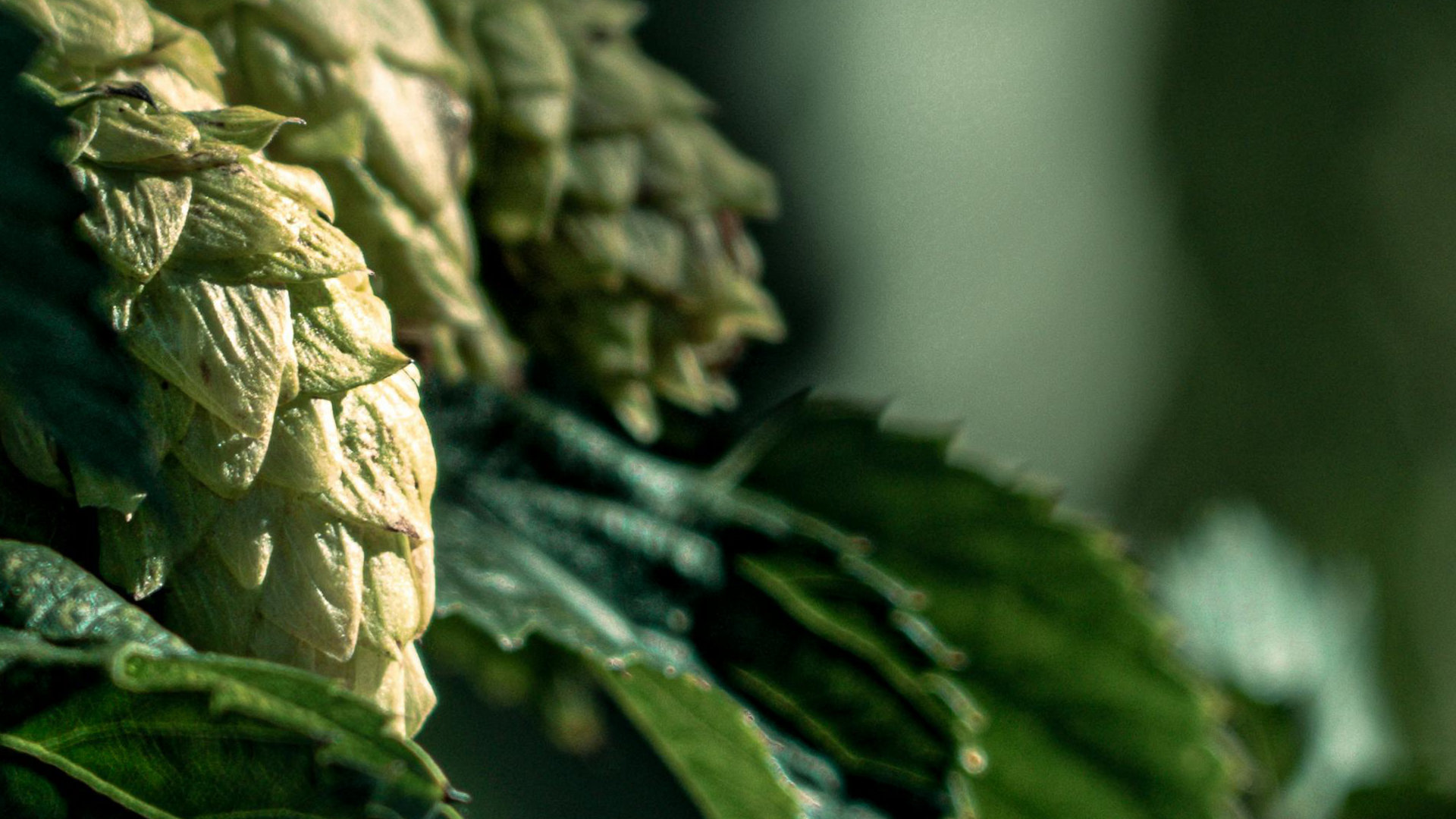Creating my own recipes is one of my favourite parts of brewing. I am still amazed at the importance of the three simple ingredients in beer making. How the varied combinations of these ingredients make the difference between a cool refreshing lager and a creamy thick bodied stout. Before I started brewing, I would have never guessed that my pint of Stella would contain the same ingredients under the hood as my pint of Guinness: grains, hops and yeast (and, yes, water has a huge importance too).
Then along came craft brewing, and boom! thanks to some clever boffins looking for the next big brew, we are now brewing with all sorts of grains. Malts other than barley have been used before, but they are now more than ever taking a new lead role in homebrewing. You could write a whole book about each grain and the dos and don’ts of each, but here is a quick look into the main alternatives to barley.
Adjunct - a thing added to something else as a supplementary rather than an essential part.
Wheat
You don’t have to travel far to find wheat in your brew - Belgium has been producing wheat beers for many years. Back in the day, Weissbiers were (and still are) a popular pint in some locals. Wheat, like rice, offers additional fermentables without colouring your brew too much. It also offers a great backdrop for flavoured beers, especially berries and other fruits.
Today, wheat is popping up more and more in craft beers, offering a soft and crisp flavour, making this a popular ingredient for summer brews. The high protein level in wheat produces a hazy pint, ideal for hazy IPAs.
Rye
Rye has been an overlooked grain in the past, but its distinctive flavour has recently reunited this grain with the mash tun. Over the last couple of years, rye has been used more and more amongst microbrewers and homebrewers.
The growing presence of rye on the beer frontier is well justified. Often described as crisp, refreshing, slightly spicy and subtle, the characteristics of rye add unique elements to beer. But be warned: rye has a reputation for causing stuck mash! This grain can even catch out the most advanced brewer. But don’t let this put you off - the distinctive, refreshing flavour you get from rye makes the risk worthwhile. Keep your rye contribution below 15-20% of your grain bill and you should be fine. If you want to push the limits, adding rice could help with those stuck mashes.
Oats
Oats have been a bit of specialty ingredient in beer for a long time, but now it’s hard to find a microbrewery that doesn’t use oats in spades. Their ability to give beer a full body and silky mouthfeel make them a popular choice for stouts and dark beers. Like oatmeal stout, for example, where oats bring a sweet, smooth experience to the party. And with clarity less of an issue in craft brewing, oats have crept their way into IPAs.
Another great thing about oats is that in flaked form they are inexpensive and can be found in supermarkets. These have already gone through starch gelatinisation so can be added directly into your mash. Whole oats (oat groats) have not undergone the gelatinisation process so you’ll need to conduct a cereal mash.
Oat Malt is similar to other malted grains and can be used in much the same way. Though I do recommend including a beta-glucan rest with oat malt.
Spelt
Spelt (or dinkel wheat) was first cultivated over 5000 years ago in the Middle East. While this ancient grain has become a popular health food thanks to its low fat and high protein content and digestibility, it has more recently been used as an interesting adjunct in craft brewing. Spelt has the appearance of rolled flakes, with a cereal-like aroma, and aids head formation, head retention and mouthfeel. With its characteristically intense cereal and nutty flavour, spelt is ideal for malt-forward beers such as stouts, bitters and porters. Spelt has a mild acidity, which makes it a great choice for styles such as Belgian saisons and farmhouse ales.
Rice
Rice has been used in breweries for years - it can offer a lot of amazing qualities for your homebrew. It also comes in many forms including whole rice, syrup and flakes. Brewers can use rice in different ways: to help in the brewing process itself, to serve as a fermentable source of sugar and to add flavour. Rice is gluten-free so it’s also perfect for producing gluten-free brews.
The main benefit with rice is that it can help increase your ‘fermentables’ and up the alcohol level without introducing more colour. Using rice hulls/husks can also help in the mashing process, creating an effective filter bed so the mash doesn’t get stuck. But you have to be careful, as using too much can have adverse effect by sticking together and causing clogs.
Rice malts can create a biscuit flavour, when combined with other grains like millet to produce a Pale IPA.


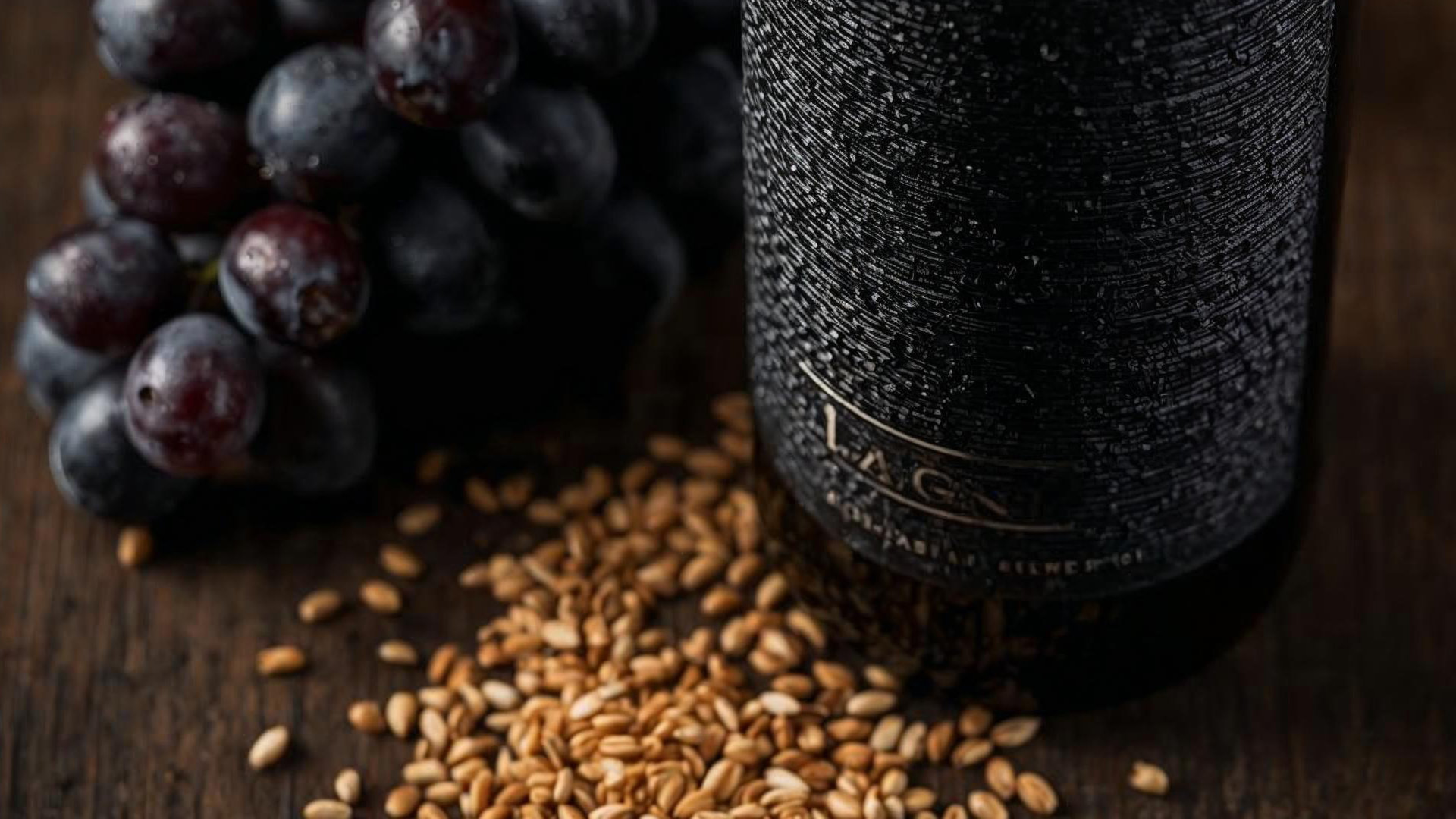
.jpg)
